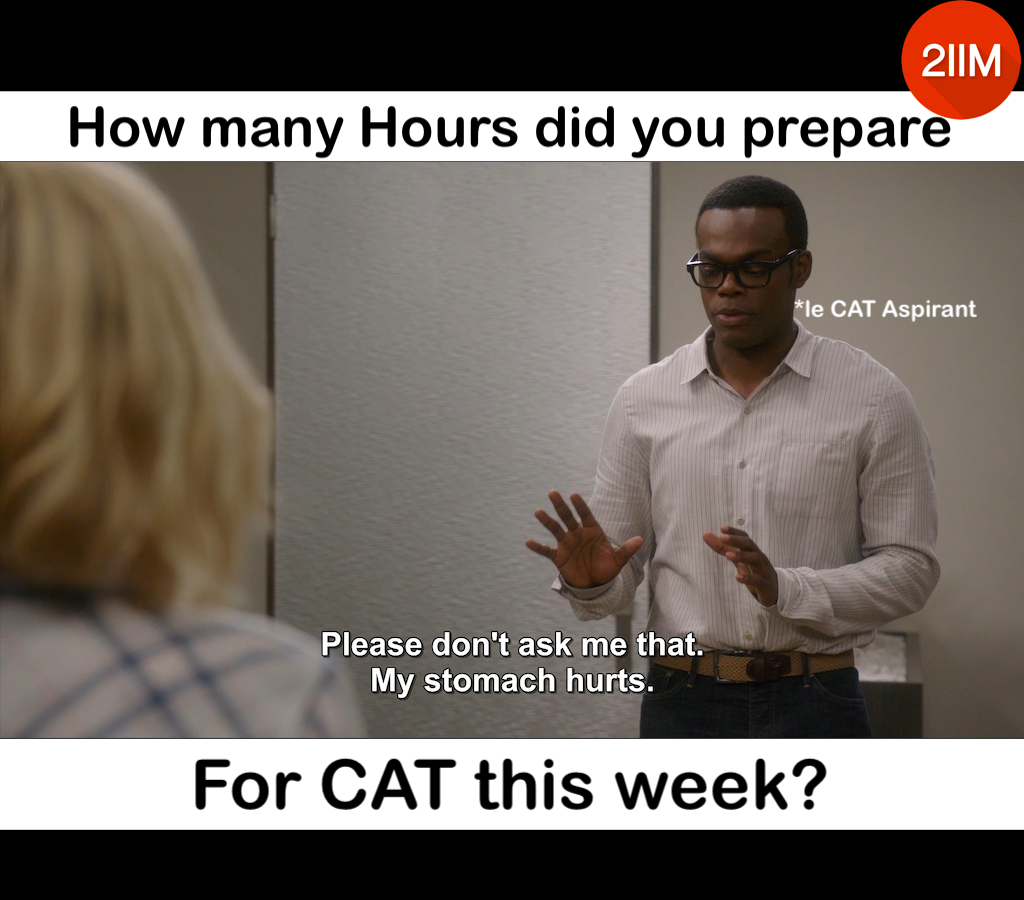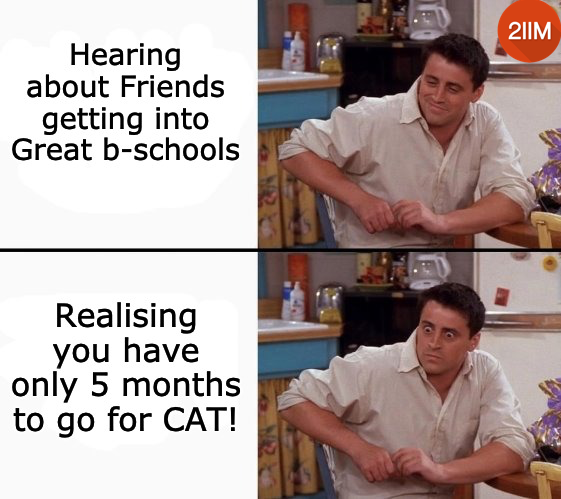CLAT Legal Reasoning
As the name indicates, CLAT Legal Reasoning section has a distinct element of law. To crack these questions, ideally, a candidate has to keep reading any news and opinion articles from at least one newspaper. A basic idea regarding the Current Affairs of legal issues will drastically improve the reading speed and comprehension. Though deeper understanding of law is not mandatory, keeping oneself abreast of the current happenings will prove to a competitive edge. The passages have been selected carefully to encompass a legal context in them.
As with the CLAT Logical Reasoning section and the CLAT English Language section, adequate attention has been given to ensure the passages are from a range of topics. Needless to say, the questions are pegged exactly at the level of difficulty of CLAT, with an eye on the samples published by the Consortium of NLUs.
Enough said. In for some serious Legal Reasoning? Let’s get cracking!
CLAT 2020 Legal Reasoning: Defamation case of Republic TV Network
The bench of Dr DY Chandrachud and MR Shah, JJ has refused to transfer to CBI the
criminal cases lodged against Republic TV Editor in-Chief Arnab Goswami for alleged
defamatory news show telecast on April 21 in connection with the Palghar mob-lynching
case. It also quashed all FIRs against Arnab Goswami except one which was filed in Nagpur
and which has been transferred to Mumbai via order dated 24.04.2020.
[Excerpt from SCC Online Blog, May 19, 2020]
Delivering the verdict, Justice Chandrachud said, “Article 32 of the Constitution constitutes recognition of the constitutional duty entrusted to this Court to protect the fundamental rights of citizens. The exercise of journalistic freedom lies at the core of speech and expression protected by Article 19(1)(a). The petitioner is a media journalist. The airing of views on television shows which he hosts is in the exercise of his fundamental right to speech and expression under Article 19(1)(a). India‟s freedoms will rest safe as long as journalists can speak truth to power without being chilled by a threat of reprisal…Free citizens cannot exist when the news media is chained to adhere to one position. Yuval Noah Harari has put it succinctly in his recent book titled “21 Lessons for the 21st Century”: “Questions you cannot answer are usually far better for you than answers you cannot question.”
[Excerpt from Arnab Ranjan Goswami vs Union Of India on 19 May, 2020]
The above passage quotes the observation of the Court in relation to freedom of speech and expression as, "Questions you cannot answer are better than questions you cannot question." Now, based on such observation, chose the most appropriate option which describes the scope of such questions.
- The term "questions" mentioned are not subject to limitations imposed upon the Freedom of Speech and Expression.
- Those question are limited to the information warranted by the person.
- The court is referring to the right to information through the above quote.
- The questions are also subject to limitations imposed upon the Freedom of Speech and Expression.
Explanatory Answer
The ‘questions’ mentioned in the quote cannot have an absolute free run without consequences. The freedom of speech in Article 19 (1) of the Constitution is subject to some ‘reasonable restrictions.’ For example, they cannot intend to defame a person through lies and propaganda. So, option (a) is wrong and (d) is right.



CAT Coaching in Chennai
CAT 2021
Enroll at 49,000/-
44,000/-
Online Classroom Batches Starting Now!

